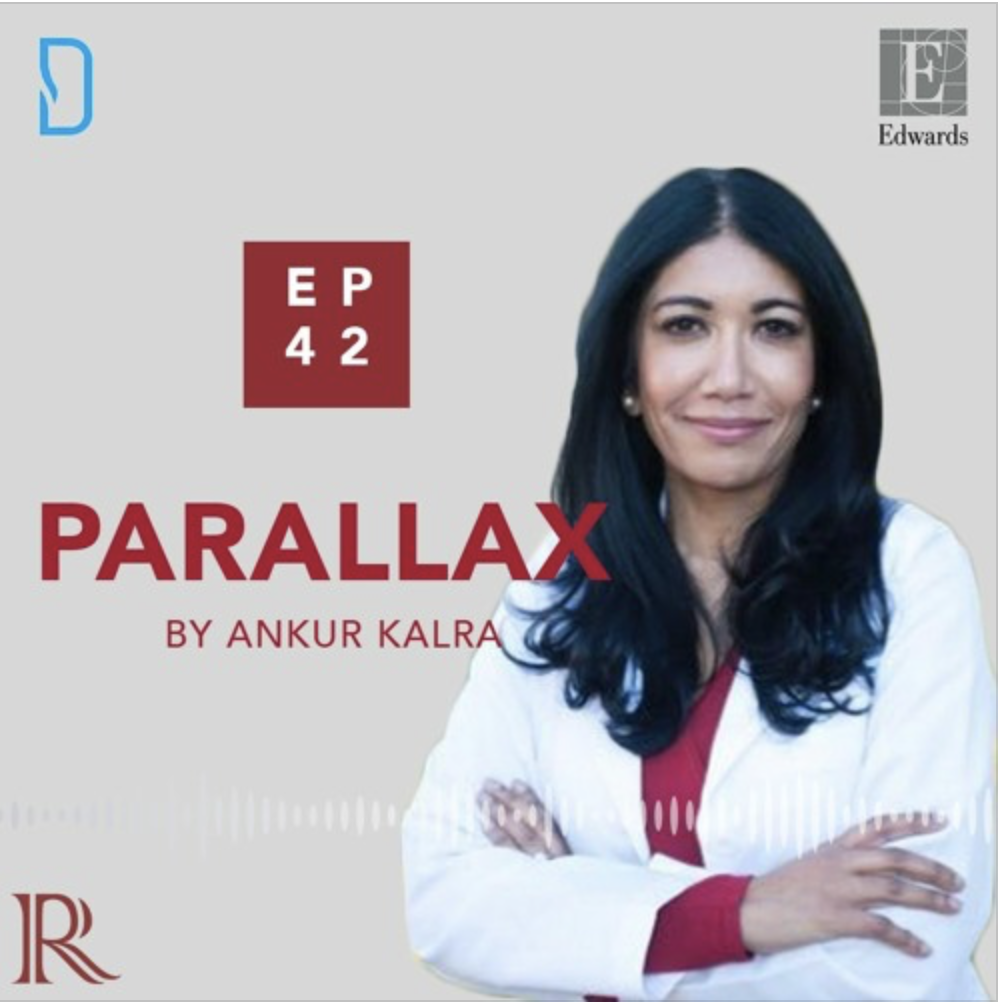
In one of her many posts on Instagram, we can see Dr Hafiza Khan holding a table summarising her reactogenicity after her second COVID shot. In the frame next to her is her son listing his own reactions.
Ankur’s guest is Dr Hafiza Khan, Cardiac Electrophysiologist at Baylor Scott & White Arrhythmia Management in Dallas. One of only 9 women in her field in Texas, she started to think about her legacy and the ways she can increase her impact and give back to her colleagues and patients as well as future medical students. 18 months ago, she started a microblog with the aim of drawing more women to her specialty and procedure-based medicine. Today she has more than 50.000 followers, many of them aspiring clinicians themselves. Her expertise and personal touch not only make her feed a great educational tool, but also a binge-worthy source at a time when building bridges between the scientific community and the public is key.
In this episode, Ankur asks Hafiza to talk about Instagram and reaching millennial and gen Z audiences, as well as the importance of developing and maintaining trust between different communities at a time of information overload.
Follow her on Instagram @heart.beat.doctor.
Questions and comments can be sent to “podcast@radciffe-group.com” and may be answered by Ankur in the next episode. Guest @HafizaKMD, hosted by @AnkurKalraMD. Produced by @RadcliffeCARDIO.

Brought to you by Edwards: www.edwardstavr.com

What drives Dr Nishtha Sodhi? What were the formative moments of Dr Sodhi’s career? What are the new frontiers of cardiology?



This episode features a vascular neurologist and an interventional cardiologist who will discuss the relationship between their two fields of medicine.

In this rich and insightful discussion, Dr Kittleson talks about the origins of famous #kittlesonrules, a collection of tips for doctors shared on Twitter, and her thoughts on mentorship. We learn more about Mastering the Art of Patient Care. Dr Kalra and Dr Kittleson discuss strategies for managing difficult situations in patient care.

What do you need to know about hospital investigations? What is the difference between OPPE and FPPE? How can you get educated on hospital bylaws and processes?






